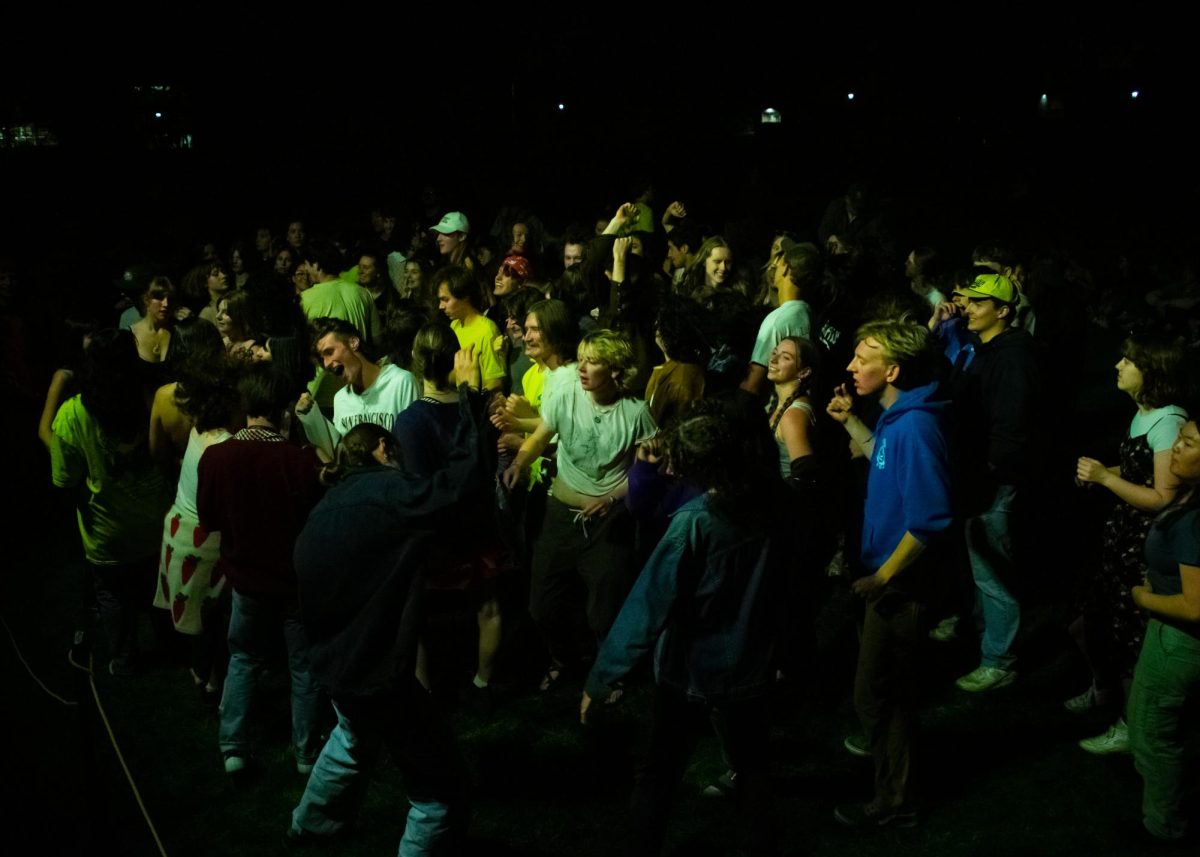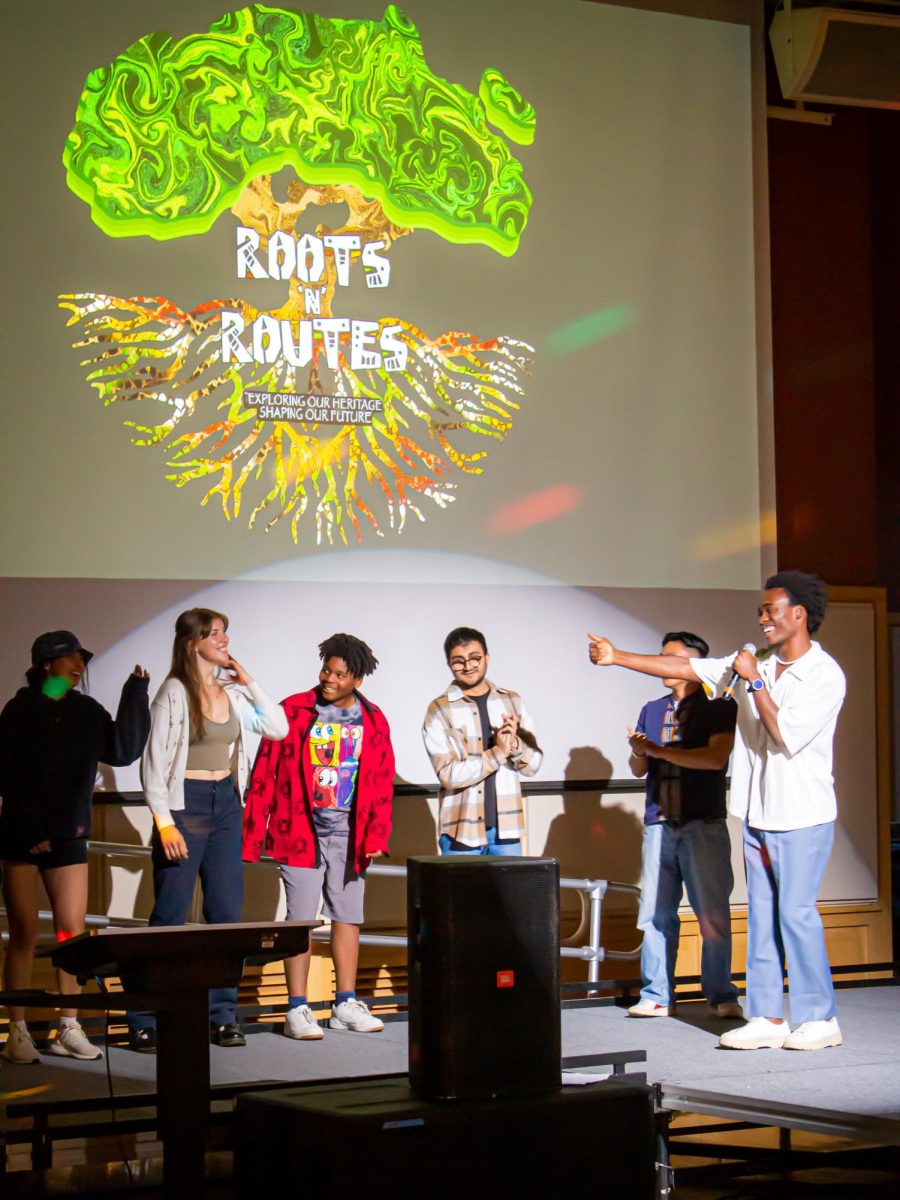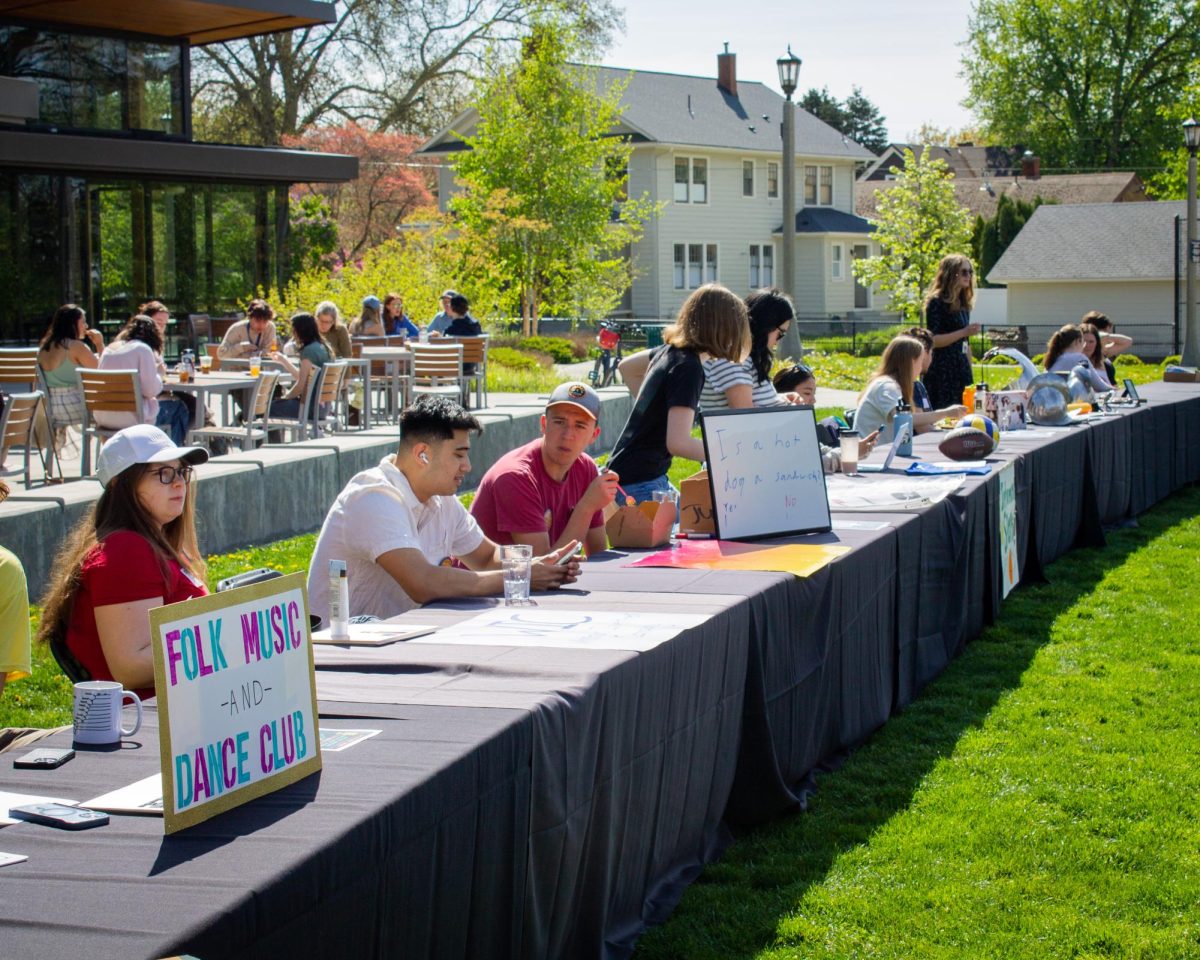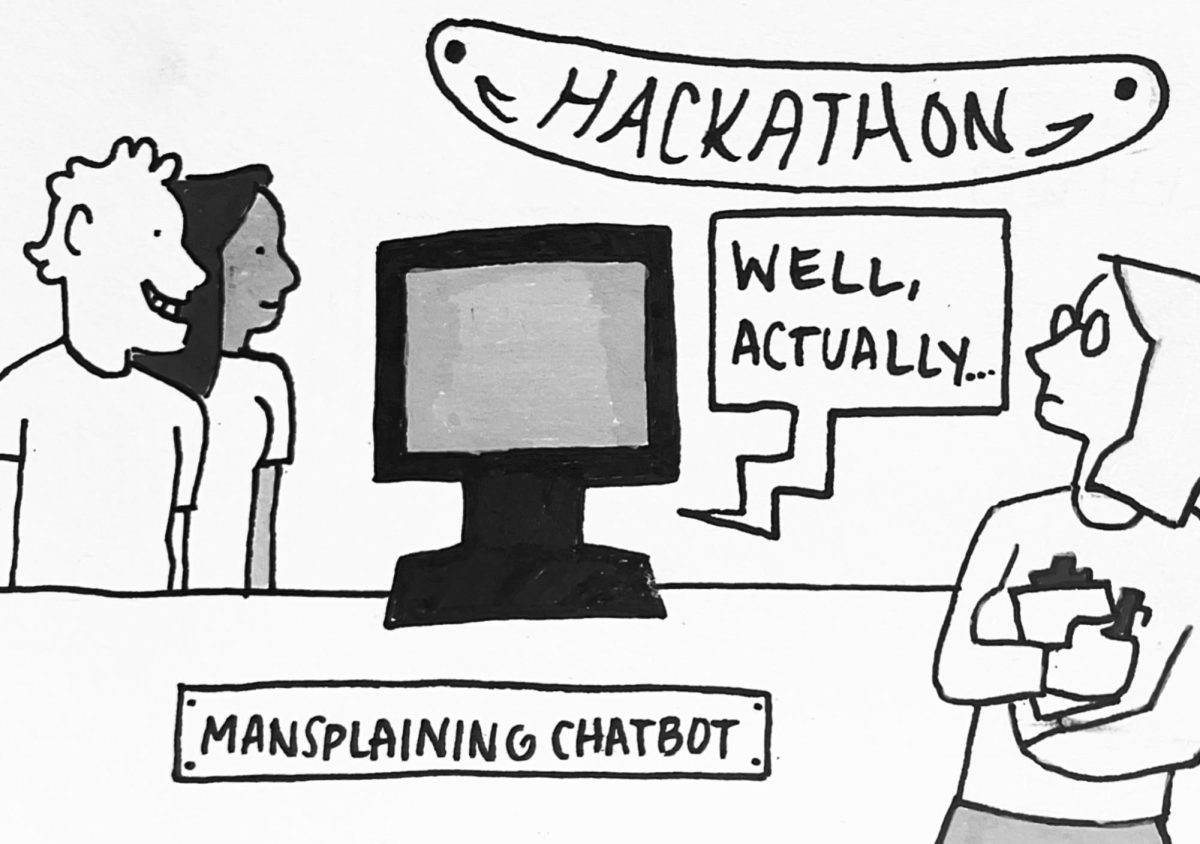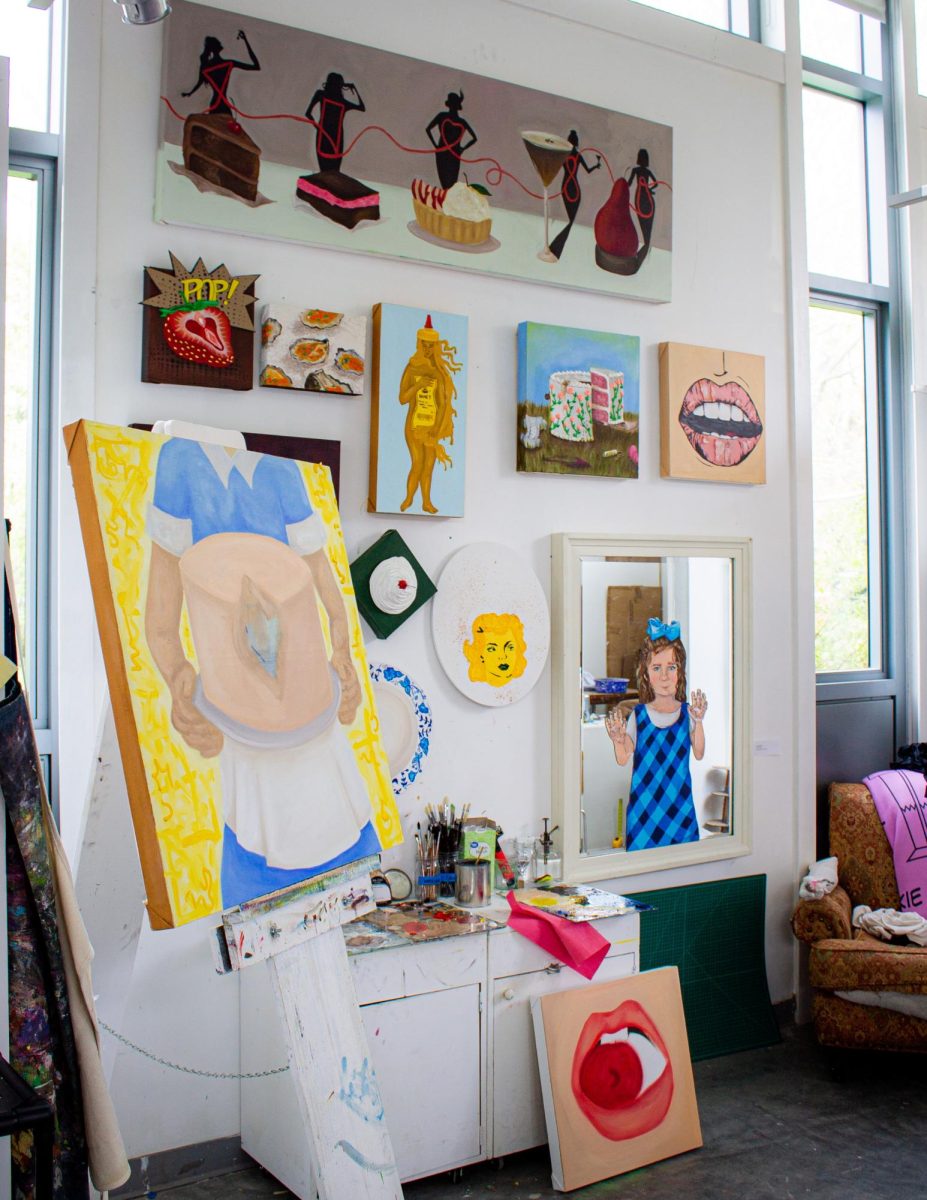
Across the world almost two billion people will practice Ramadan, the Muslim holy month, with many members of the Whitman community joining in observation. Since Ramadan began on March 9, a faithful Muslim community at Whitman has been engaging in practices central to Ramadan for weeks.
Aibak Cheema described Ramadan’s significance for the Islamic faith at large and its personal implications.
“Ramadan is the ninth month in the Islamic calendar and holds great significance. Ramadan for me is a month of strengthening ties between communities, being humble, fighting temptations and doing charity,” Cheema said. “Fasting in Ramadan does not just mean that you have to starve yourself all day. It is about how you should resist your evil thoughts, and how you should be able to control yourself.”
Aya Mahmoudi agreed with Cheema and described Ramadan’s spiritual significance.
“For Islam, it means a time of peace and reconciliation. It’s a cleanse in more ways than one. Practicing Ramadan for me usually looks like a pretty normal day. I don’t usually remember to eat anyway,” Mahmoudi said. “I do, however, read more of the Quran during Ramadan. I also try to make all the Sunnah prayers as well as the mandatory ones.”
Interfaith Chaplain Adam Kirtley described what a day of fasting typically looks like for those observing Ramadan.
“The expectation for folks who are observing is that they eat their first meal of the day and drink their first water of the day prior to the sunrise. This means that most of them are setting alarms and depending on the time of year and where they’re located on the planet; they’re getting up pretty early to consume that meal and then fasting from food and water until the sun sets,” Kirtley said.
Traditionally, this is a communal event, with Muslim communities and organizations all participating in fast breaking and scheduling events around Ramadan. Cheema reflects on what Ramadan was like in the Muslim-majority country that he is from.
“Ramadan is celebrated on a much bigger scale. The whole month is just one big festival. Being in a culturally different country, it was not hard to adjust but rather hard to give up on so much of the excitement we had for Ramadan,” Cheema said. “[I enjoyed] playing cricket after breaking the fast at dusk, staying up till dawn to do breakfast, and playing video games with friends all night, preparing Iftar with my mom,” Cheema said.
Mahmoudi agrees, describing how Ramadan celebrations at Whitman feel more isolated.
“Ramadan is different for me after I came to Whitman because I could not make any of my cultural Ramadan dishes and there was no family to spend it with or people to relate to,” Mahmoudi said.
Nevertheless, the Muslim community at Whitman finds ways to support each other given the smaller size of the community. The Muslim Student Association is the main group on campus, and they conducted extensive work to ensure Ramadan could be practiced and and still feel special. Cheema found that the Muslim Student Association provided him and others with critical services and support.
“The Muslim Student Association has done a great feat in making this Ramadan memorable for students. Not only did the Association take students to mosques multiple times for Taraweeh prayers, Iftar and Friday prayers, but they also helped students gather food in terms of first giving them care packages and then later asking Bon Appétit to make meals for them even in the spring break when Bon Appétit was not functioning,” Cheema said.
Cheema finds that Ramadan was always about community and, at Whitman, that has remained his favorite part.
“The most important part for me is … how so many people from different backgrounds, cultures came together to celebrate the month with each other having only one similarity, Islam,” Cheema said.
Kirtley comes to Ramadan from an outsider’s perspective, but also expressed his admiration for the community of Muslim students at Whitman.
“I just have so much admiration for the students who are working hard to observe this important tradition of their faith. [Walla Walla] is just not really set up to support them as if they were home,” Kirtley said. “The entire community is engaged within this together and it makes the meal planning much simpler. It makes the fast breaking, more community joyous … and so my heart is really with these students.”
Ramadan is a special time for many people at Whitman as they find comfort in their community and reflect on their faith. Ramadan ends April 9 and is followed by Eid al-Fitr, a holiday signalling the end of the month in the Islamic calendar, on April 10.
Editor’s Note: Aya Mahmoudi is an opinion columnist for The Wire.





